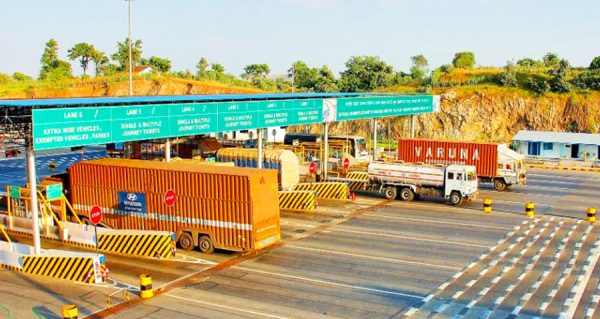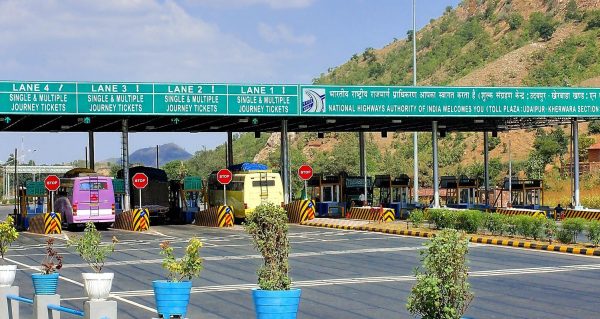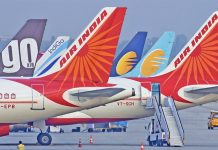In India, every highway that is a state or national highway, is taxed by the Indian Government for raising the cost of making as well as the maintenance of the roads.
This is a very essential cost which allows us to be able to travel comfortably through states, towns and cities conveniently. Also security on these roads are very important since highway robbery needs to be controlled in some parts of India.
This road taxation helps to ensure that the cost of road safety and security is also maintained. There are various kinds of road taxes, that are based on the state you are traveling in. The most common road tax that is collected from vehicles, is the toll tax.

All state and national highways in India belong to the government, and road tax is applicable to all those who use them. The taxes collected are used to maintain the roads so that drivers and riders have no issues on the road.
Toll Tax Vehicle Exemption List in India
Any vehicle which has the following people will be exempted toll tax across India:
- President of India;
- Prime-Minister of India;
- Vice-President of India;
- Chief Justice of India;
- Governor of any State in India;
- Speaker of the House of People;
- Cabinet Minister of the Union
- Judge of the Supreme Court;
- Governor of any State in India;
- Minister of State of the Union;
- Member of Parliament;
- Lieutenant Governor of any Union Territory in India;
- Chief of Staff holding a full General or equivalent rank;
- Chairman of the Legislative Council of a State;
- Speaker of the Legislative Assembly of any State in India;
- Chief Justice of a High Court;
- Judge of a High Court;
- Army Commander or Vice-Chief of Army Staff and equivalent in other services;
- Foreign dignitary on State visit;
- Chief Secretary to a State Government within concerned State;
- Secretary to the Government of India;
- Secretary, Council of States;
- Secretary, House of People;
- A Member of Legislative Assembly of a State in the state premises, with identity proof.
- A Member of Legislative Council in the borders of their respective State, with identity proof.
- Awardees of the following recognition, with adequate identity proof:
- Param Vir Chakra, Ashok Chakra,
- Maha Vir Chakra, Kirti Chakra,
- Vir Chakra,
- Shaurya Chakra.

The other vehicles which are exempted from the toll tax include:
- Vehicle under or with a passenger who is from the Ministry of Defence including people eligible for toll exemption based on the provisions of the Indian Toll (Army and Air Force) Act, 1901 and laws including the Navy;
- Central and State armed forces in uniform including para military forces and police;
- An executive Magistrate;
- Vehicle belonging to the fire-fighting Department or organisation;
- Vehicle belonging to the National Highways Authority of India;
- Vehicle belonging to any other Government agency or organisation for purposes of survey, inspection, operation or construction and maintenance of national highways;
- Vehicle used as ambulance;
- Vehicle used as funeral van
Toll Tax Policy
Policy for collecting toll tax is based on the National Highways Act, 1956 (48 of 1956) provisions as well as the National Highways Fee (Determination of Rates and Collection) Rules, 2008, when this amendment was made. As of 2016 there are 390 toll tax collection fee plazas across the national highways in India. Based on the current policy literature any road with 6 lanes with 4 lanes already running is tolled even if the highway is not fully completed.


















